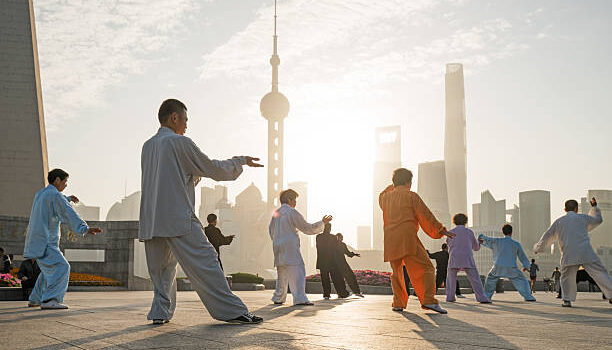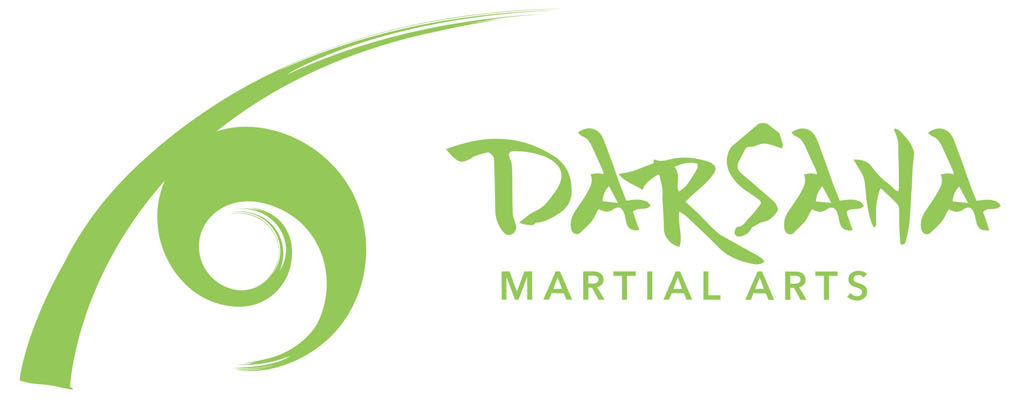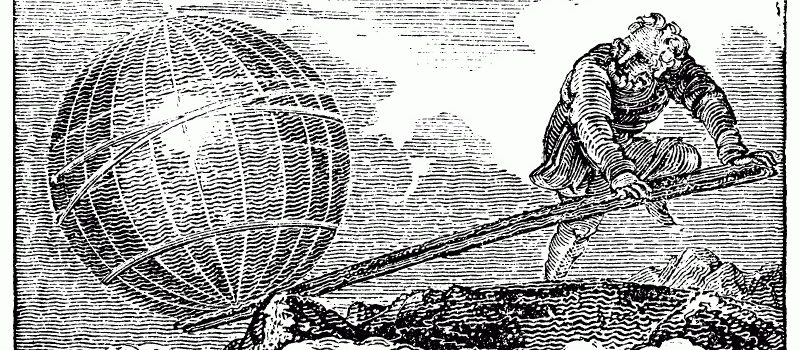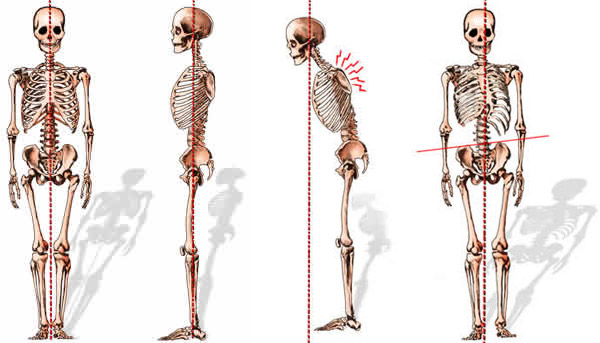
What is Tai Chi and what will it do for me?
I’ve been asked by several people what they should expect to get from of their Tai Chi practice, or similarly, how can they track their progress. I find these questions surprisingly difficult to answer. On one hand, the answers are so obvious to me. On the other hand, Tai Chi seems to confound suitable explanations. Still, as I have chosen the profession of Tai Chi teacher, I feel I have a responsibility to articulate what it is, what the practice is aimed at cultivating, and how one can mark their progress. Finally, I hope to encourage you to embark on the long and rewarding journey of Tai Chi practice or at least to give it a try.



